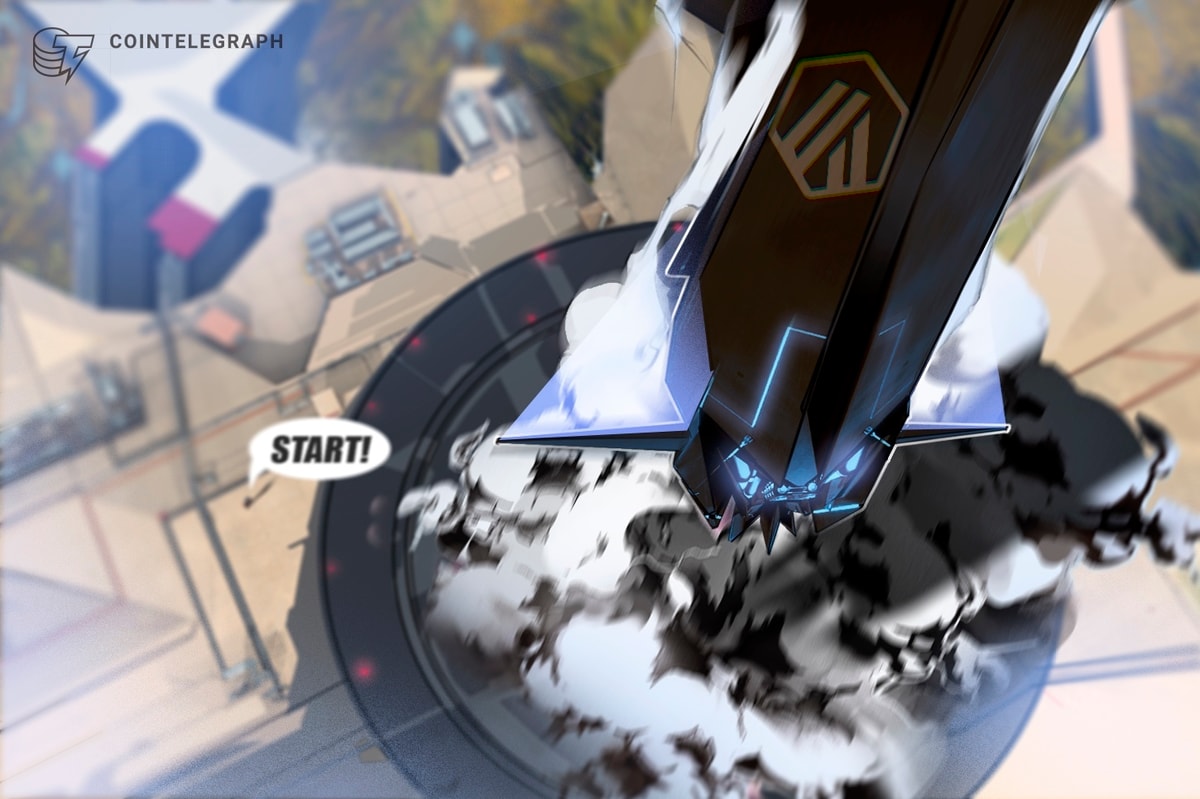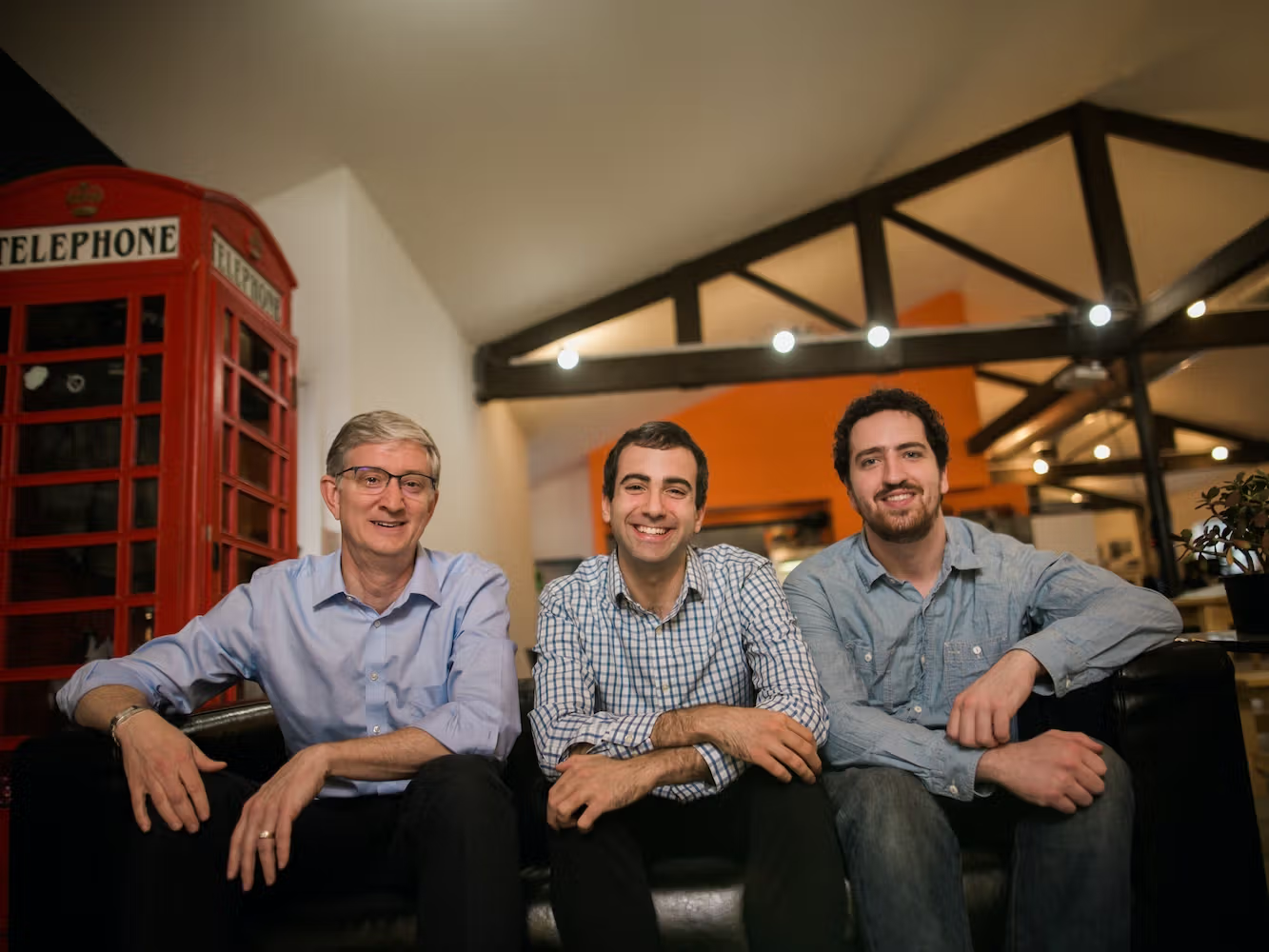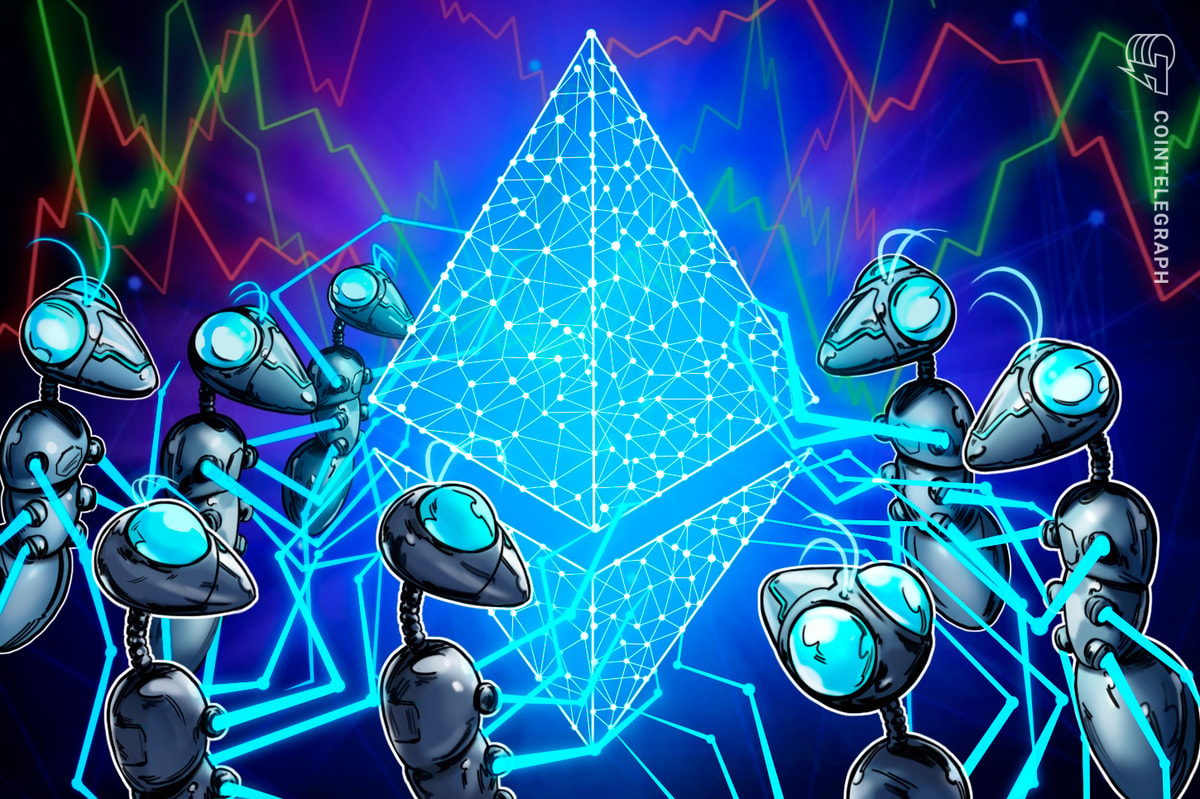Were you unable to attend Transform 2022? Check out all of the summit sessions in our on-demand library now! Watch here.
If you’ve been shopping recently and found an empty shelf where your favorite cereal or ice cream is usually stocked, you know that the global supply chain is facing some serious hiccups right now.
The global supply chain has always been a delicate and complex system, which has only been further complicated recently by an ongoing global pandemic and war. An estimated 90 percent of the world’s goods are shipped by sea via roughly 60,000 cargo vessels. The largest cargo vessels carry 24,000 containers. At that scale, it’s not hard to understand why everything from the coffee you drank this morning to the microchip in the device you are reading this on can be lost or delayed.
There have been problems with supply chains long before the COVID-19 pandemic. Over the past few decades, businesses made investments in information technology that helped improve the flow of goods around the world. IT investments in ERP systems, EDI exchanges, and standards such as ISO 9001 helped make global supply chains more efficient. But as the modern-day shopper can attest, there is more work to do.
Supply chain adaptability, agility
Today, up to 80% of critical business data now lives outside a company’s four walls. Suppliers, manufacturing sites, distributors, wholesaler dealers — there are too many parties trying to coordinate their transactions using disparate systems that don’t communicate well with each other. This situation creates a host of problems, because every one of these businesses requires critical, accurate and timely data about the goods they’re transacting, as well as information on any incidents that could have serious implications for their supply chains, customers and individual brand reputations. With the increased complexity of the global supply chain and deep dependencies among suppliers and manufacturers, companies are experiencing new backlogs and information breakdowns on a regular basis, with empty store shelves and lower profits among the inevitable results.
Event
MetaBeat 2022
MetaBeat will bring together thought leaders to give guidance on how metaverse technology will transform the way all industries communicate and do business on October 4 in San Francisco, CA.
Modern supply chain IT solutions already need to support sustainability and visibility. But the growing problems faced by multi-level suppliers and the need for improved information flow in the world economy have placed a new and urgent emphasis on supplier adaptability and supply chain agility in general, especially as multi-level supply chains with worldwide reach increasingly become the norm for businesses. Today’s multi-level supply chains demand technology solutions that provide all parties with improved visibility into where, when and how items are flowing, and how the end-to-end mechanics of the supply chain fit together. Without this visibility, companies will not be able to understand actual and potential disruptions as well as opportunities to prevent or mitigate interruptions.
Next-gen blockchains
Next-generation blockchains that combine blockchain and cloud technology are one solution that can help address supply chain coordination issues. Businesses can use blockchain technology to track cargo, much as orders and shipments are tracked by the end customers of a retailer like Amazon. Blockchain’s value lies in the ability it gives parties to share data quickly and securely in a way that’s also decentralized.
Think of a gourmet chocolate retailer who needs to know important details about their product, such as when the new inventory will arrive, whether it was exposed to temperatures above its melting point during transit, and whether the cacao beans were ethically sourced and sustainably farmed. Only by bringing together disparate data from many different parties — cacao bean farmers, product transporters and warehouses, manufacturing, logistics and retailers — can this end-to-end view of a chocolate bar be established and maintained over time.
Other benefits
Other properties of next-generation blockchains that benefit supply chain tracking include:
Being SaaS-based, they easily connect the entire ecosystem
Next generation blockchains are often delivered in a software-as-a-service (SaaS) form, eliminating the need to manually deploy, secure, maintain and pay for infrastructure scaled to peak capacity as a prerequisite. By its nature, SaaS connects all parties in a value chain to ensure 100% authenticity and provenance and to ensure that everyone in the ecosystem has the same reliable and complete view, from raw material through to finished product retail delivery.
They are focused on privacy, security and compliance
Next-generation blockchains and distributed ledgers offer out-of-the-box solutions for data privacy, making it easy for data producers to decide who can view or update their data using simple permission mechanisms. With so many parties involved, and so much data about the supply chain being produced and consumed in real time, it’s critical that businesses have the ability to not just share their data but also enforce (and audit) who is able to access their mission-critical business data. When competition or anti-trust regulations apply, these problems take on even more urgency.
They are energy-conscious and cost-effective
Next-gen blockchains are energy- and cost-conscious, avoiding the ecological impact of proof-of-work systems and benefiting from multi-tenanted cloud architectures, and they are able to pass these cost (and carbon footprint) benefits on to adopters.
Must-meet challenges
Meeting the challenges with supply chain tracking is critical for businesses to not only have real-time data surrounding the location, status and quality of the goods flowing through those chains, but to also better understand a specific good’s production and demand fulfillment. When companies have this level of detail, in real time, they not only possess the critical information needed to run their business smoothly, they can then also offer better services and experiences to their customers.
Tim Wagner is CEO and co-founder of Vendia.
DataDecisionMakers
Welcome to the VentureBeat community!
DataDecisionMakers is where experts, including the technical people doing data work, can share data-related insights and innovation.
If you want to read about cutting-edge ideas and up-to-date information, best practices, and the future of data and data tech, join us at DataDecisionMakers.
You might even consider contributing an article of your own!
Read More: venturebeat.com









 Bitcoin
Bitcoin  Ethereum
Ethereum  Tether
Tether  XRP
XRP  Solana
Solana  USDC
USDC  Cardano
Cardano  Dogecoin
Dogecoin  TRON
TRON  Lido Staked Ether
Lido Staked Ether  Wrapped Bitcoin
Wrapped Bitcoin  LEO Token
LEO Token  Chainlink
Chainlink  Pi Network
Pi Network  Toncoin
Toncoin  USDS
USDS  Stellar
Stellar  Wrapped stETH
Wrapped stETH  Hedera
Hedera  Avalanche
Avalanche  Shiba Inu
Shiba Inu  Sui
Sui  MANTRA
MANTRA  Litecoin
Litecoin  Bitcoin Cash
Bitcoin Cash  Polkadot
Polkadot  Ethena USDe
Ethena USDe  Bitget Token
Bitget Token  WETH
WETH  Binance Bridged USDT (BNB Smart Chain)
Binance Bridged USDT (BNB Smart Chain)  Hyperliquid
Hyperliquid  WhiteBIT Coin
WhiteBIT Coin  Wrapped eETH
Wrapped eETH  Monero
Monero  Uniswap
Uniswap  sUSDS
sUSDS  Dai
Dai  Aptos
Aptos  OKB
OKB  NEAR Protocol
NEAR Protocol  Pepe
Pepe  Internet Computer
Internet Computer  Mantle
Mantle  Gate
Gate  Ethereum Classic
Ethereum Classic  Ondo
Ondo  Tokenize Xchange
Tokenize Xchange  Aave
Aave  Coinbase Wrapped BTC
Coinbase Wrapped BTC